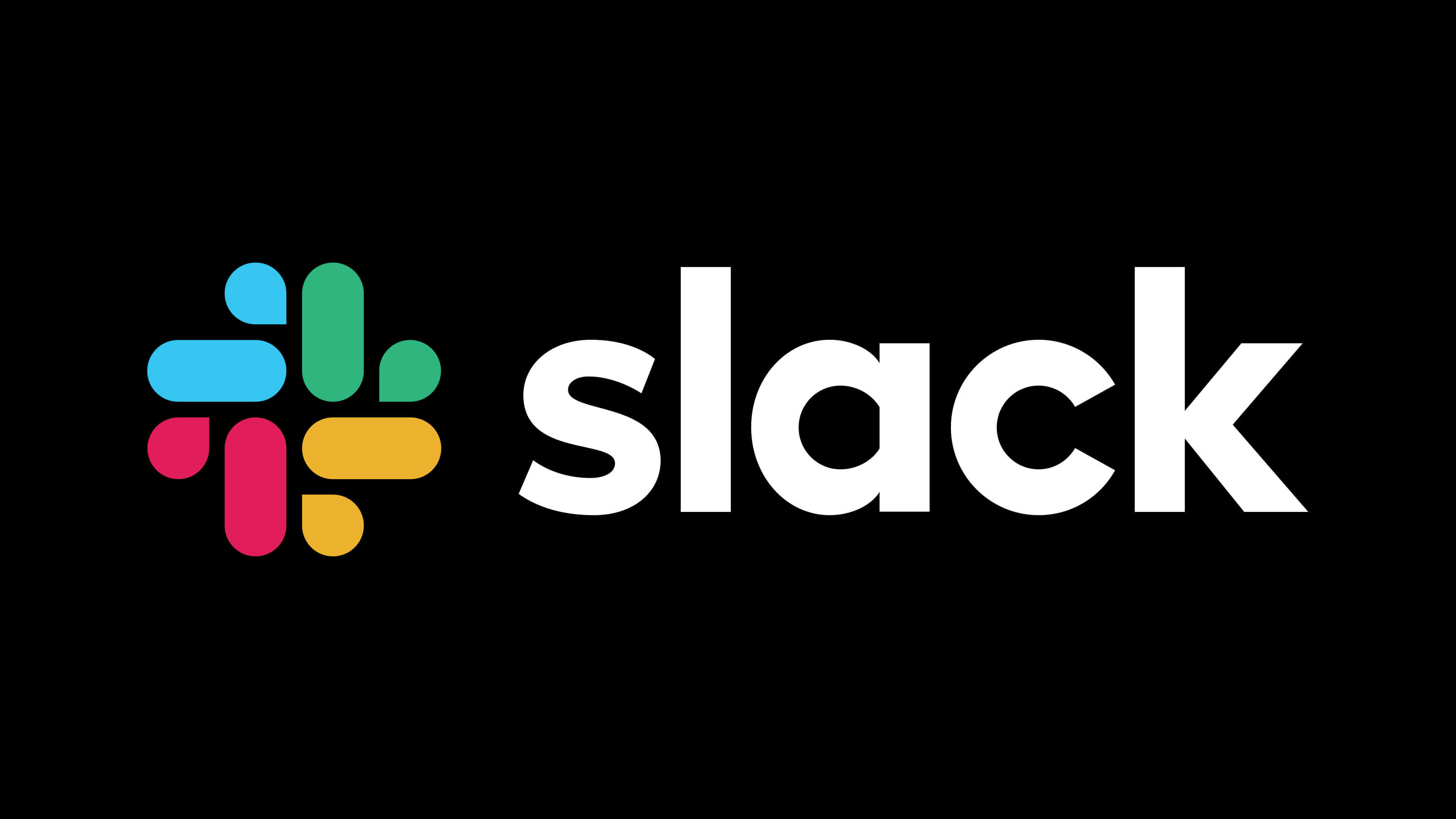Why You Need a Tailored Resume

In today's competitive job market, having a standout resume is crucial. A tailored resume isn't just a list of your qualifications; it's a strategic document customized to match the specific requirements of the job you're applying for. Tailoring your resume can significantly increase your chances of catching the eye of recruiters and securing an interview. In this blog, we'll delve into why you need a tailored resume, how to create one, and the tools that can help you perfect it.
What is a Tailored Resume?
A tailored resume is a customized version of your standard resume, specifically adjusted to align with the job description and requirements of a particular position. This involves highlighting the skills, experiences, and accomplishments that are most relevant to the job. Unlike a generic resume, a tailored resume demonstrates that you have taken the time to understand what the employer is looking for and have the specific qualifications they need. This customization can be the key differentiator in making your application stand out from the rest.
The Importance of Matching the Job Description
Aligning your resume with the job description is essential for several reasons. First, many companies use applicant tracking systems (ATS) to filter resumes before they even reach a human recruiter. These systems scan resumes for keywords and phrases that match the job description. If your resume isn't tailored to include these keywords, it might never get past the initial screening. Additionally, a tailored resume shows employers that you have a clear understanding of the role and possess the specific skills and experiences they are seeking.
According to a study by Jobscan, resumes that are tailored to the job description are 35% more likely to result in a callback compared to generic resumes. This statistic underscores the importance of customization in your job application process. By meticulously matching your resume to the job description, you demonstrate attention to detail and a genuine interest in the position, qualities highly valued by employers.
How to Tailor Your Resume for an Internship
Creating a tailored resume for an internship can be particularly challenging, especially if you have limited work experience. However, with the right approach, you can effectively highlight your qualifications. Start by including relevant coursework that aligns with the internship. This shows that you have the academic background needed for the role. Additionally, detail any projects that are relevant to the internship, including group projects, research, or any hands-on work that demonstrates your skills. Emphasizing soft skills such as communication, teamwork, and problem-solving is also crucial, as these are highly valued in internship roles.
Moreover, showcase any volunteer work that is related to the internship. Volunteer experiences can be just as valuable as paid work experience, providing practical skills and demonstrating your commitment and initiative. Remember, the key is to present your experiences in a way that directly relates to the requirements of the internship, highlighting how your background makes you an ideal candidate.
Crafting Your First Resume
For many young adults, crafting their first resume is a daunting task. Without extensive work experience, it can be difficult to know what to include. Start with a strong objective statement that clearly outlines your career goals and what you aim to achieve in your first job. This statement sets the tone for your resume and provides a clear focus for your application. List your educational achievements, including your GPA, relevant coursework, and any academic honors. This information demonstrates that you have a solid academic foundation and a commitment to your field of study.
Include internships and part-time jobs, even if these roles aren't directly related to the job you're applying for. These experiences demonstrate your work ethic and ability to manage responsibilities. Highlight extracurricular activities such as participation in clubs, sports, or other activities that can demonstrate leadership, teamwork, and other valuable skills. Finally, focus on transferable skills such as communication, critical thinking, and organization. These skills are valuable in any job and can help bridge the gap if you lack direct work experience in your desired field.
Top Websites and Tools for Creating Tailored Resumes
Creating a tailored resume can be made easier with the right tools and resources. Here are some recommendations to consider:
OfferPilot: OfferPilot provides tailored advice and templates to help young professionals create resumes that stand out. By analyzing job descriptions, OfferPilot can suggest specific changes to make your resume more appealing to recruiters. OfferPilot's personalized approach ensures that your resume is not only professional but also highly relevant to the jobs you are targeting. Check out OfferPilot for more information.
Other tools like Jobscan offer powerful features for comparing your resume against job descriptions and providing feedback on how to improve it. By focusing on keyword optimization, Jobscan helps ensure your resume passes through ATS filters. Additionally, design tools like Canva offer customizable resume templates that you can adjust to fit the specific job you're applying for, helping you create a visually appealing and well-organized resume. Lastly, maintaining a professional profile on LinkedIn that complements your resume can also be beneficial, as recruiters often cross-reference LinkedIn profiles with resumes to get a fuller picture of candidates.
Common Mistakes to Avoid When Tailoring Your Resume
When tailoring your resume, it's easy to make mistakes that can reduce its effectiveness. One common mistake is ignoring keywords from the job description. Failing to include these keywords can prevent your resume from passing ATS filters. Always ensure that you match relevant keywords from the job description to maximize your chances of getting through the initial screening process. Another pitfall is overloading your resume with information. While it's important to be thorough, too much information can overwhelm recruiters and make it difficult for them to identify your most relevant qualifications. Keep your resume concise and focused on the most important aspects of your experience and skills.
Using a generic template is another common error. A generic resume template can make your application look like everyone else's, reducing its impact. Instead, use customizable templates that allow you to highlight your unique qualifications and experiences. Additionally, many applicants focus on listing their duties rather than their achievements. Highlighting your achievements and demonstrating how they made a difference in your previous roles is far more effective in showcasing your capabilities. Finally, poor formatting can make your resume difficult to read. Ensure that your resume is well-organized, with clear headings and bullet points that guide the reader through your document effortlessly.
Tailoring your resume is an essential step in the job application process. By aligning your resume with the job description, you increase your chances of catching the eye of recruiters and passing through ATS filters. Whether you're applying for your first internship or seeking a new career opportunity, a tailored resume can make all the difference. Remember to use tools like OfferPilot to help you optimize your resume and stay ahead of the competition. Start tailoring your resume today and take the first step towards landing your dream job.
Frequently Asked Questions

Stephen Leshko
Stephen Leshko is the CTO of OfferPilot, where he drives technological innovation and development. With a deep passion for artificial intelligence, he focuses on integrating AI solutions to enhance the job search experience for users.
You should also check out


